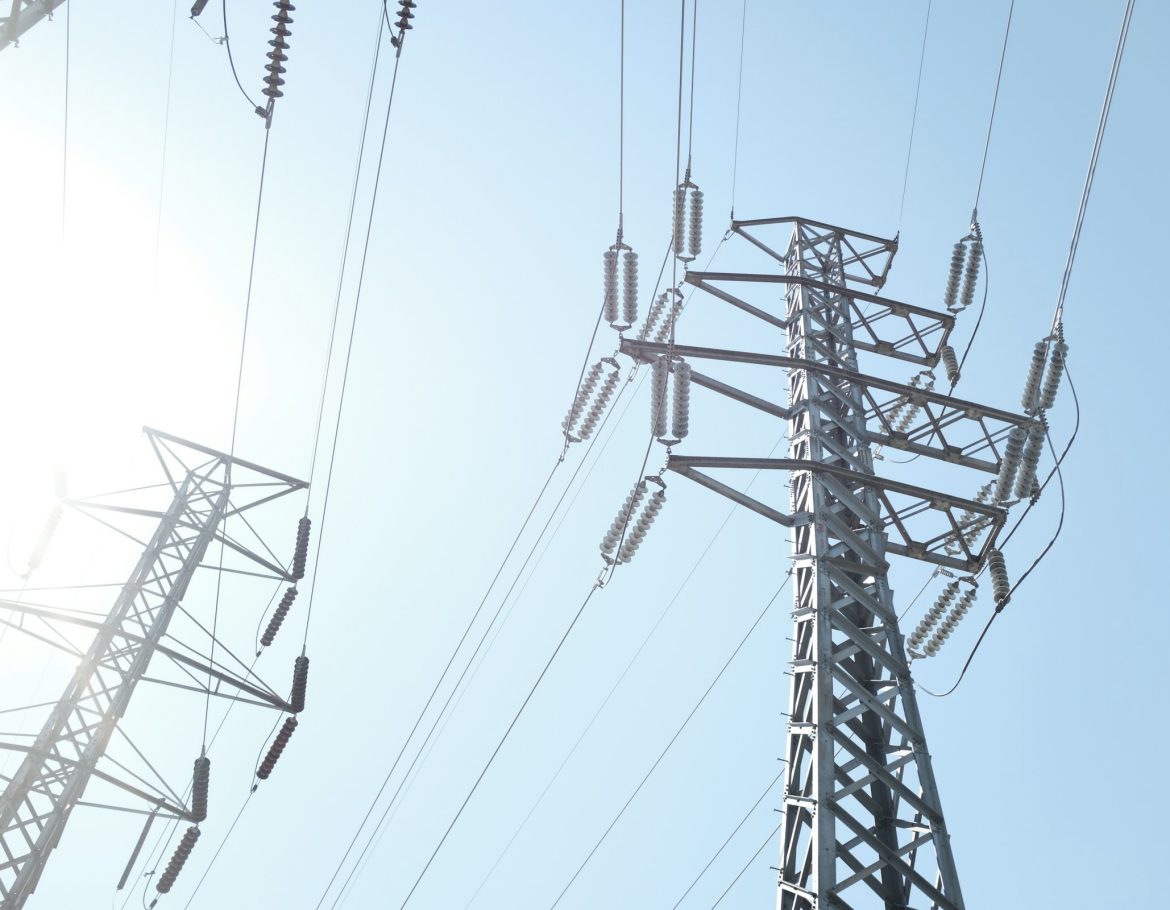KEY POINTS
- Nigeria is negotiating a $2 billion loan from China for a new power grid.
- The super grid project aims to boost transmission and reliability.
- The plan supports Tinubu’s reforms to stabilize the energy sector.
Nigeria is in advanced discussions with China’s Export-Import Bank for a $2 billion loan to finance a new electricity “super grid” aimed at addressing decades of instability in the country’s power supply.
The project, already cleared by the federal cabinet, is part of the government’s broader effort to modernize the transmission network and restore faith in the national grid, which has struggled with frequent collapses and inefficiency.
Nigeria’s plan for a new super grid
Power Minister Adebayo Adelabu announced the initiative during an economic summit in Abuja on Monday, describing the plan as a decisive step to decentralize power generation and reconnect major industrial users who abandoned the grid due to its unreliability.
“It’s part of plans to decentralize power generation in Nigeria and get the heavy commercial users that left the power grid because of its unreliability to return,” Adelabu said.
According to Punch, negotiations with China’s Exim Bank are progressing steadily, with both sides working through financing details. The government’s goal is to reinforce electricity transmission across Nigeria’s eastern and western corridors, where most factories and industrial hubs are located.
Super grid to boost industry and growth
Nigeria’s electricity generation capacity stands at about 13 gigawatts, yet only a third of that reaches consumers through the ageing central grid. By comparison, South Africa, whose population is roughly a quarter of Nigeria’s, boasts about 70 gigawatts of installed capacity.
The chronic shortfall has forced companies to rely on self-generated electricity, now estimated to account for nearly half of total national consumption. The new super grid is expected to ease that burden by improving power flow to manufacturing centers and spurring industrial output.
Since taking office in 2023, President Bola Tinubu has rolled out several reforms to attract investment and stabilize the economy, including subsidy removals, tax restructuring, and measures to strengthen security in oil-producing regions.
His administration has also approved tariff increases for urban consumers to improve the financial sustainability of power distribution companies. Adelabu said the reforms have already driven a 70 percent rise in electricity revenues in 2024, with projections that income could reach ₦2.4 trillion ($1.6 billion) by the end of the year.



